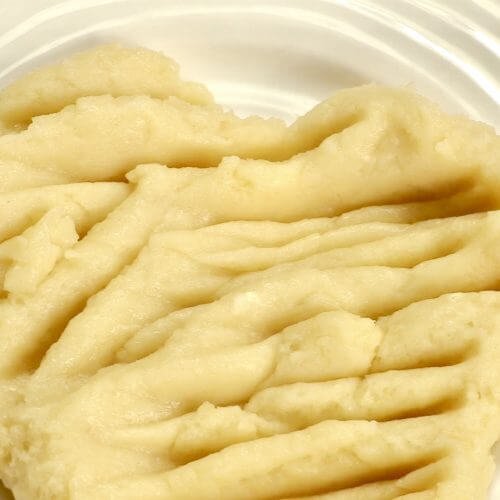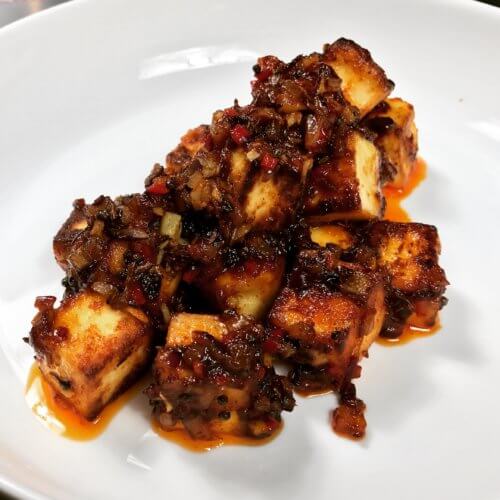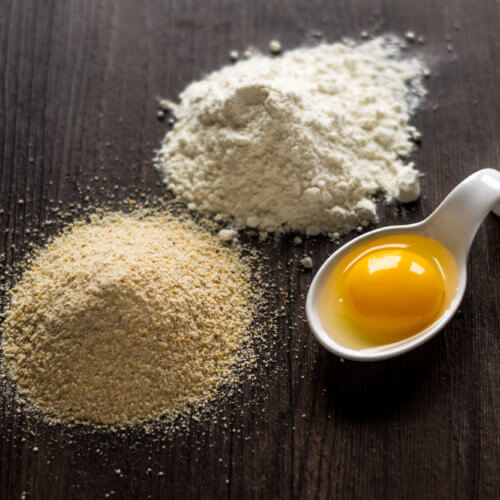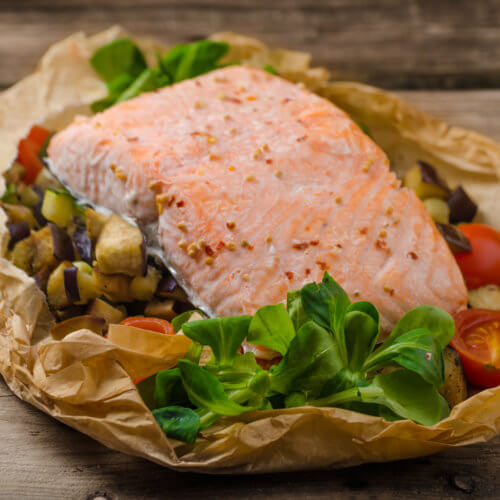These days, this fruit is referred to as an antioxidant superfood, but sadly there just is not enough research to confirm this. What we do know, is that fresh fruit and vegetables are packed with vitamins and minerals and so you can’t really go wrong adding to your diet. Processing and pasteurising does damages the nutritional content and so fresh is best! The seeds are sweet, but with a hint of bitterness and pleasant acidity, so again, very versatile. The flavours marry well with sweet desserts, other fruit and chocolate and just brighten up the whole dish. We also like adding them to salads, cous cous or on top of Moroccan tagine or tajine.
The fruit originated in the area of Persia. It has also been cultivated in the mediterranean and all the way to India for centuries. It is used in cooking, baking, smoothies, drinks – alcoholic and non-alcoholic, and as the most amazing garnish. It has been used in Ayurveda (a system of traditional Hindu medicine) as a treatment for various ailments:
The dried rind as a treatment for diarrhoea
The juice of the seeds as a tonic for the heart and throat
These days, pomegranate is considered a superfood with high levels antioxidants. It is a delicious fruit and also amazingly versatile. If using a whole, make sure you separate the seeds from the white membrane surrounding them as this can be quite bitter. Try adding pomegranate seeds to your cakes for an added zing and crunch. Sprinkle it over salads, moroccan tangine or indian curries for it’s sweetness. Get hold of pomegranate molasses and use this in salad dressings, to make marinades for meat (chicken and lamb works particularly well) and pour over vanilla ice-cream.



